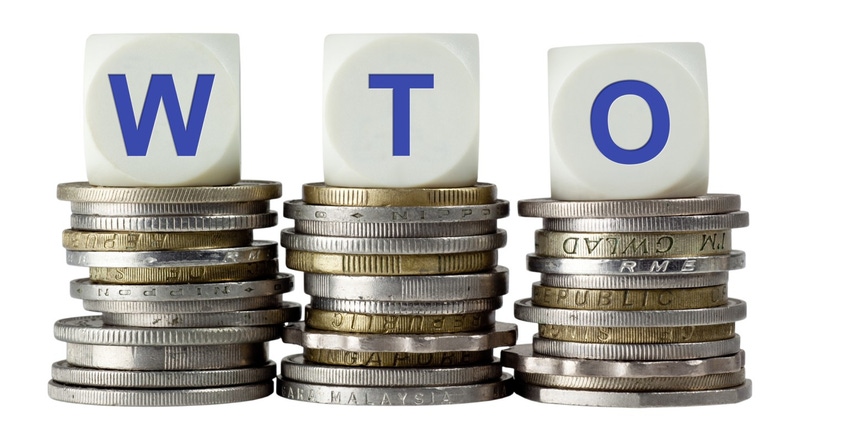India’s wheat, rice subsidies under fire
Biden administration urged to hold India accountable in WTO regarding India’s domestic agricultural supports.

A letter from 28 House members encourages United States Trade Representative Katherine Tai and United States Secretary of Agriculture Tom Vilsack to initiate the World Trade Organization litigation process against India’s domestic support for its wheat and rice producers.
“The biggest challenge to both domestic and export sales are related to U.S. competitiveness,” according to the letter led by Rep. Tracey Mann, R-Kan., and Rep. Rick Crawford, R-Ark. “American commodity producers are operating at a clear disadvantage to their competitors, primarily from India, where the government is subsidizing more than half of the value of production for rice and wheat, instead of the 10% allowable under WTO rules.”
Beginning in 2018, the U.S. highlighted the problem of non-compliance in India through counter-notifications at the WTO Committee on Agriculture, the letter explains. Using virtually the same methodology endorsed by the WTO panel in the China domestic support case, the counter-notifications demonstrations that India is non-compliant with its commitments as a result of price supports alone.
“Further, India has continued to raise price support prices multiple times since the counter-notifications were first submitted,” the letter continues. “In fact, this fall India announced they will provide an additional $3.8 billion to fertilizer companies to shield their rice and wheat growers from rising input costs.”
"Trade distorting domestic support has always been a major challenge for farmers, and WTO rules were created to limit these practices,” says Mann. “Ensuring all parties are cooperating under the same guidelines is paramount to international trade.” Mann adds he’s leading his colleagues in calling on Vilsack and Tai to “uphold their duty to our American farmers and ranchers to protect our domestic markets - it is time to level the playing field."
Crawford adds that WTO rules were established to allow for a level playing field in which American producers can compete. Crawford explains it is the job of Tai and Vilsack to uphold these rules and protect U.S. producers from “rulebreakers like India.”
The letter follows up on a similar letter by Sen. John Boozman, R-Ark., and 17 of his colleagues. The effort is supported by the National Association of Wheat Growers and USA Rice.
Related: WTO challenge sought on India wheat, rice subsidies
“Wheat and rice farmers rely on open markets and fair trade to facilitate trade, which plays a vital role in supporting our growers and jobs in rural America,” says NAWG CEO Chandler Goule. “It is important that as a WTO member, India adhere to international commitments and not continue to create unfair advantages for its domestic production and distort world trade. We appreciate the representatives for bringing the issue to the attention of the administration and will continue to work with the USDA and USTR in enhancing the competitiveness of U.S. wheat in the world.”
Justin Knopf, president of the Kansas Association of Wheat Growers says Indian policies cost U.S. wheat farmers more than $500 million annually. "For too long, Indian government policies have cost U.S. wheat money and export opportunities.,” Knopf notes. “With India poised for near-record exports, time is of the utmost importance. We encourage the USTR to use the WTO to hold India accountable to their past commitments."
"This significant showing of bicameral support for the administration to initiate a WTO case against India has been years in the making,” adds Betsy Ward, president and CEO of USA Rice. “If left unchecked, the Indian export market will continue to grow at an uncontrollable rate and threaten the viability of rice and wheat producers throughout the world.”
Ward adds, “Something is glaringly wrong if Indian rice, produced on the other side of the world, can be hauled hundreds of miles from inland to Indian ports, with gas prices equivalent to about $1.50 per gallon higher than ours, then shipped more than 7,000 nautical miles by boat to the U.S., and still manage to undercut our domestic prices.”
About the Author(s)
You May Also Like





